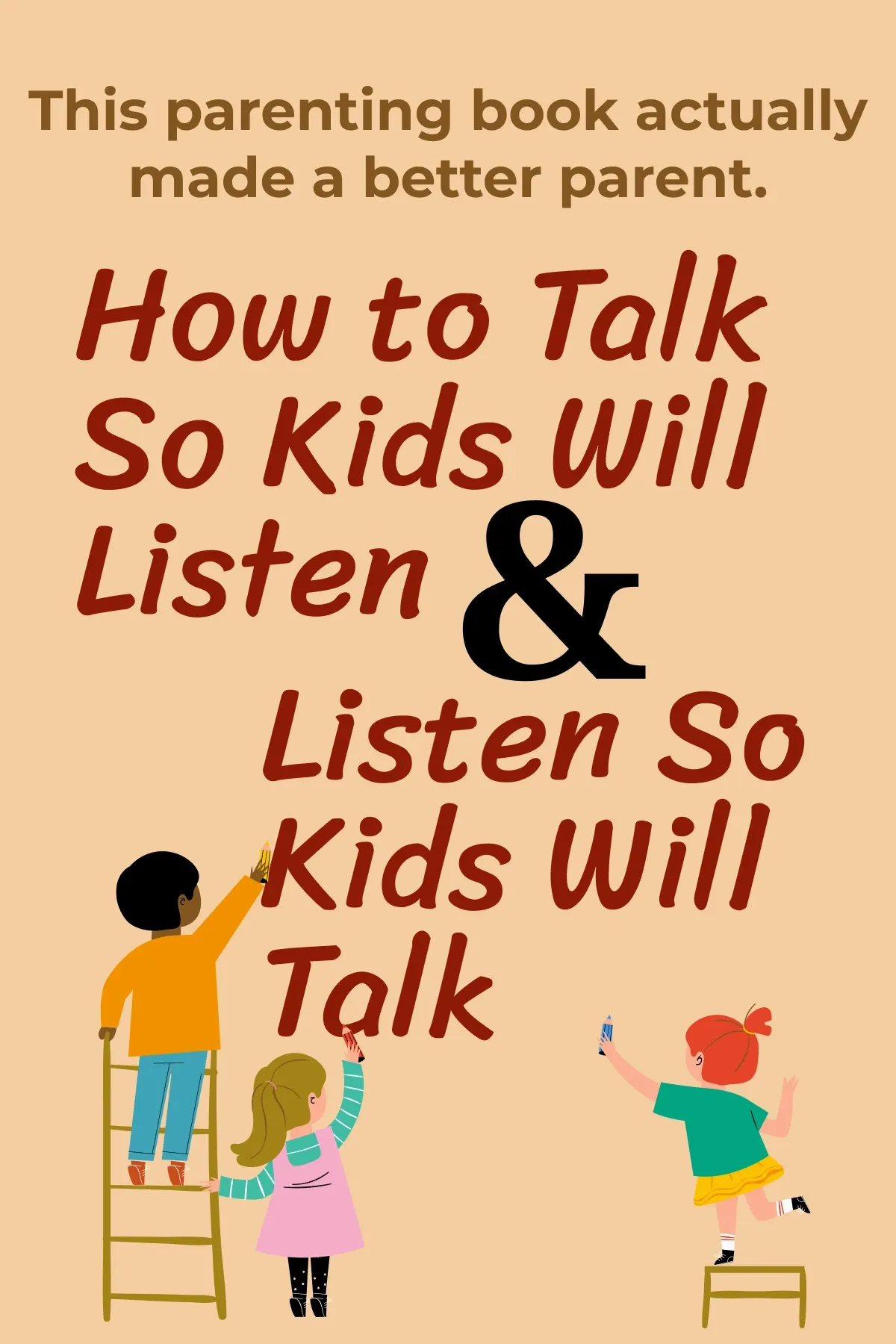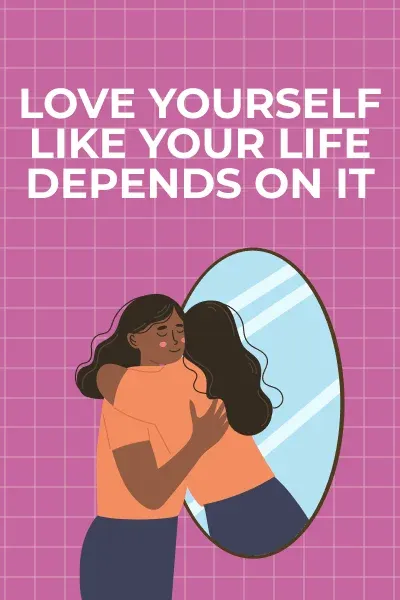
Set Boundaries, Find Peace
Brief Summary
When you feel that others are taking advantage of you, you automatically realize that you have a problem with personal boundaries. However, just that fact is not enough to really start acting and protecting yourself. Nedra Glover Tawwab has gathered valuable insights on various types of personal boundaries, their violations, and effective techniques for setting and maintaining them.
Key points
Key idea 1 of 8
Personal boundaries are something almost everyone knows about nowadays. But then, we find ourselves doing a friend's homework when we are on deadline or avoiding telling our partners that we are uncomfortable with them using our face cream.
Kim, the author’s patient, felt exhausted because she didn't know how to say “no.” She felt that by saying “no,” she would make herself look like a bad wife, bad mom, and bad friend. Thus, Kim piled on more and more tasks, continuing to give all of herself to others and leaving nothing for herself. As a result, this also increased her anxiety levels.
Personal boundaries are not just about knowing how to say “no.” Consistently refusing every request might easily isolate you from other people. Personal boundaries mean your harmony with yourself, your comfort in society, and your expectations and needs. You can say “no” when you feel uncomfortable, but you should also be able to say “yes” in cases of need.
There are several types of unhealthy boundaries. The first is porous boundaries, where you agree to something you don't really want. For example, when your gambling-obsessed friend comes to you and asks to borrow money, you know in advance that he will never pay it back. However, he reminds you of your long friendship, all those years spent together, and under the weight of his manipulation, you give in. Finally, you reach the point where you start to be taken advantage of, but you can't recognize it.
The opposite of such personal boundaries can be rigid personal boundaries. People with this type of personal boundaries seem to build walls around themselves, never helping the people around them, never saying anything about themselves, and being afraid to look vulnerable. For example, it could be your friend's mother-in-law who never babysits her grandchildren because they tire her out.
You should strive for healthy, balanced personal boundaries, where you do things based on your values and your own desires. You don't overshare information about yourself; you don't give in to provocation and manipulation; you say “no” when you're really uncomfortable doing something. You also don't make a bunch of excuses why exactly you can't say “yes.” However, you are ready to help your loved ones when the situation really calls for it.
FAQ
You may also like these summaries










